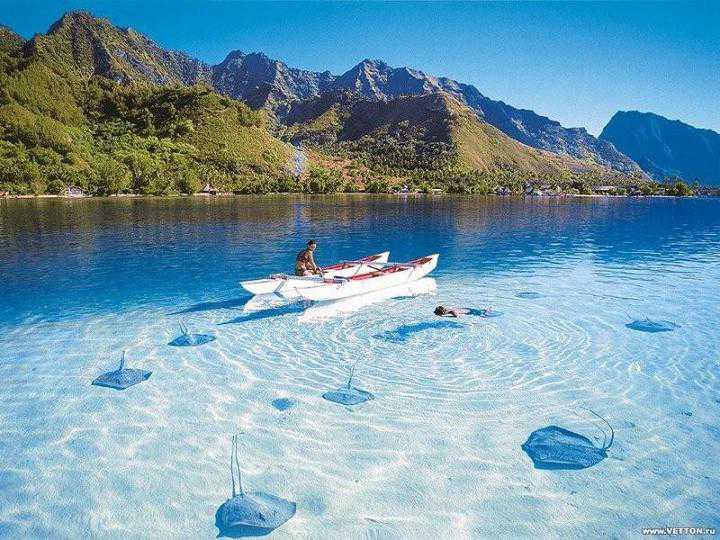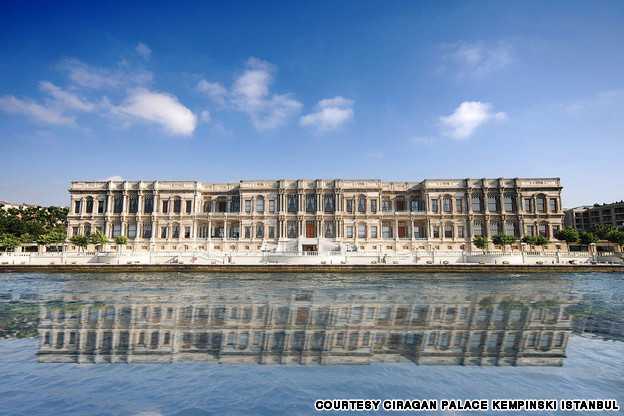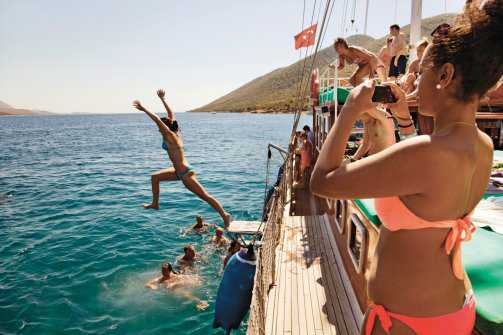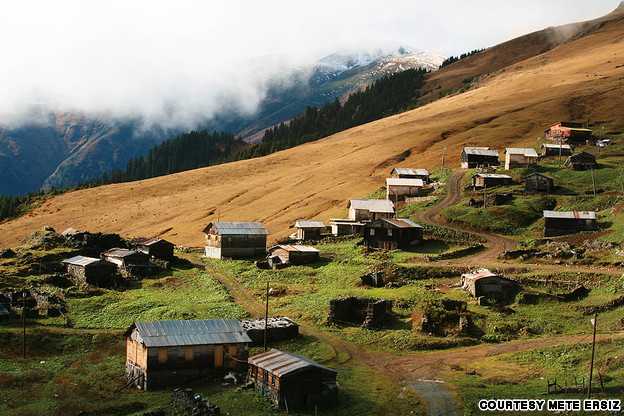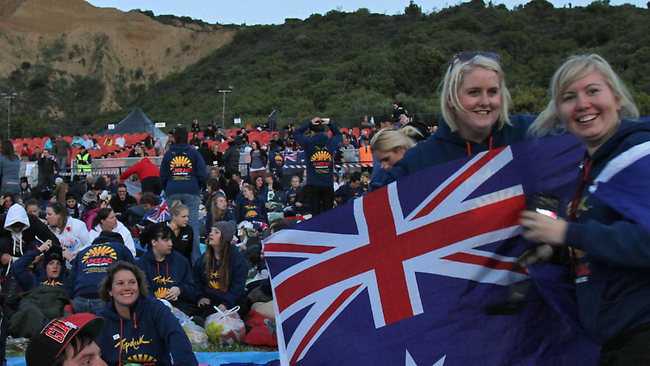Turkey is a holiday destination almost designed to appeal to visitors from around the world, combining fascinating historical and archaeological sites, a delicious cuisine and an active sports scene with great weather, stunning scenery and warm hospitality.
Its awe-inspiring landscapes and contrasting regions, encompassing two Wonders of the Ancient World, 11 UNESCO World Heritage Sites, 352 Blue Flag beaches and 19 Blue Flag Marinas, a diverse plant and animal life and 20 world-class golf courses, to name just a few, mean Turkey can offer many options for an unforgettable holiday experience.
Beyond the obvious attractions of sun and sea, Turkey has many fascinating ancient sites reflecting its heritage dating back millennia, and there are also a great variety of winter and summer sports, cultural activities and festivals to tempt visitors.
Turkey’s rich past includes such intriguing cities as Troy and Ephesus and such well-known names in mythology as King Midas and Saint Nicholas (Santa Claus) with related artifacts on display at world-class museums across the country.
Most recently, one of the most important archaeological sites in the world, the Neolithic site of Catalhoyuk located in Central Anatolia, became Turkey’s 11th UNESCO World Heritage site.
UNESCO and Turkey will be celebrating the 500th anniversary of the Piri Reis World Map in 2013, a rare world map from the 16th century produced by the Ottoman admiral and cartographer of the same name.
Views over Antalya
Turkey’s Mediterranean region in the south is perfect for both sun-seekers and sports-lovers alike, and is characterised by its pine forests giving the region a beautiful backdrop.
Savour its shoreline, lapped by the turquoise waters of the Mediterranean, an incredible 1,600km in length and popular for its pristine golden sands and secret bays only accessible by the traditional ‘gulet’ sailing boat.
Set among this drama are the picturesque ruins of ancient cities giving great opportunities for a relaxing break with the chance to explore history, sports such as white-water rafting and treks along the marked Lycian and St Paul Trails.
The three main resorts of the stunning Mediterranean coastline all have a different flavour, with Marmaris having gorgeous beaches, lively nightlife and Turkey’s busiest yachting port.
Alanya, further along to the east, is crowned by a huge medieval fortress setting the scene for its never-ending 22km beach. Between these cities Antalya is a resort with lively beaches and luxury hotels juxtaposed with its picturesque historic quarter of Ottoman houses.
Antalya’s sophisticated resort of Belek is worth visiting for its world golfing scene alone, with 15 superb courses, including those designed by Sir Nick Faldo and Ryder Cup captain Colin Montgomerie.
With over 50 luxury hotels, many of them all-inclusive and competitively priced, it’s the perfect choice for golf-lovers.
A new Club Med is due to open there in 2013 and the Turkish Open will be held there in November with the world’s most famous golfers in attendance.
Alacati, Turkey
Turkey’s other holidaying coast, the Aegean, which harbours the well-loved towns of Bodrum, Kusadasi and the Cesme peninsula, has its own special charm being set off by a gentle landscape of vineyards, olive groves and fishing villages.
Those looking for a venue still undiscovered by the global crew should consider the Aegean’s sassy village of Alacati renowned for its world-class water sports and converted windmills.
One of the region’s up-and-coming getaways, pleasure-seekers appreciate the charming old stone houses on narrow lanes lined with sidewalk cafes and classy restaurants serving fresh Aegean cuisine.
The most eager visitors are the windsurfers who come for the brisk winds, international races and to enjoy the village’s lively nightlife scene.
With its incredible lunar-like pale landscapes, ancient rock-carved churches and underground cities, cave hotels, and activities including hot-air ballooning and hiking, Cappadocia must be the choice for an alternative travel experience.
Rich in culture and history, it is home to an enchanting open-air museum (Goreme National Park), a UNESCO World Heritage site, which contains hundreds of rock churches carved and painted with elaborate frescoes by early Christians in the area. The underground cities of Kaymakli and Derinkuyu are not to be missed.
In recent years, Cappadocia has become one of Turkey’s top destinations for boutique hotels, many of which are cave hotels carved directly out of natural rock and can be quite luxurious.
Cappadocia is also said to be where wine-making first originated over 6000 years ago thanks to its fertile volcanic soil, and today some of the area’s wineries offer tastings and/or tours.
Blue Mosque, Istanbul
The only city in the world to straddle two continents, Turkey’s fabled city of Istanbul is the historic crossroads between East and West, a city of minarets and palaces and the perfect choice for a refreshing city break.
Istanbul cradles the wonders of the Ottoman and Byzantine empires, from the breathtaking Topkapi Palace to the majestic Hagia Sophia – part cathedral, part mosque and totally breathtaking.
Other must-see sights include the unique Byzantine frescoes of the Kariye Museum, the Ottoman architect Sinan’s masterpiece the Suleymaniye Mosque and the Genoese Galata Tower with its panoramic views of the whole city.
There are plenty of off-beat sites for those who want to leave the tourist crowds behind.
As the cultural capital of Turkey, Istanbul will host the Istanbul Biennial in 2013 as well as numerous pop and classical concerts, as well as a wide array of exhibitions at its ever-growing number of galleries and museums.
Don’t miss Istanbul Modern, showcasing some of Turkey’s best contemporary art, and Orhan Pamuk’s recently opened Museum of Innocence.
This year will be a landmark year to visit Istanbul, marking the 90th anniversary of the founding of the Turkish Republic by Ataturk, with celebrations including the opening of the Marmaray tunnel under the Bosphorus linking Europe and Asia.
For those looking for somewhere special to stay, this year will also see the opening of a new Raffles hotel with one of the largest spas in the city and the Shangri-La Bosphorus with glorious views of the famous waterway.

